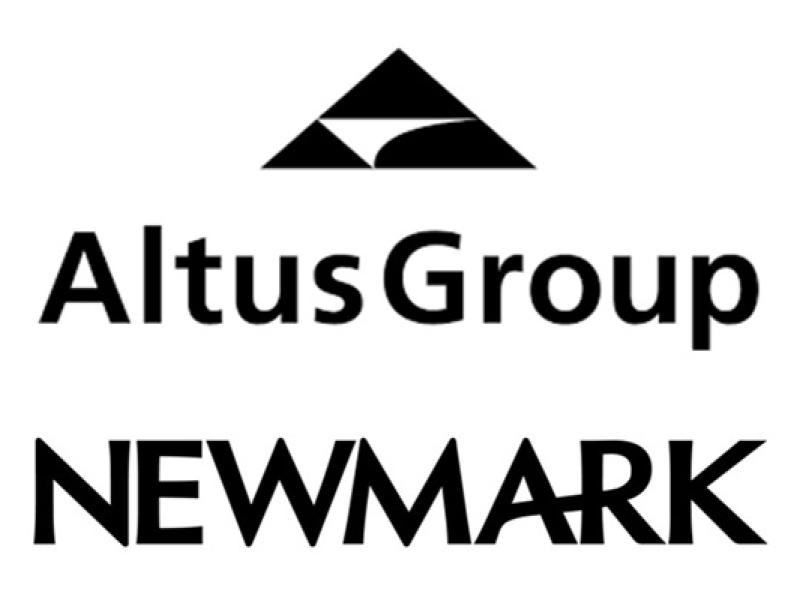
Diversity, equity and inclusion (DEI) issues held the same, or higher, importance last year as in 2022 for nearly 98 per cent of commercial real estate-related companies which took part in the Global Real Estate DEI Survey for 2023.
Corporate-level responses were received from 236 companies (187 from North America) of varying sizes and types for the survey, which collected data from July through September. Six sponsoring and 14 supporting real estate associations collaborated on the survey.
The overriding result is that DEI isn't diminishing in importance. It was a higher priority for 41.1 per cent of CRE-related firms in 2023 than in 2022 and it was at the same level for 56.6 per cent of the respondents.
“The report provides an in-depth view of DEI metrics relating to program structure, resources and ownership, policies and initiatives focused on recruitment, retention and promotion, tracking and accountability, inclusivity and pay equity, along with employee demographics by gender, race and ethnicity, as well as hiring, promotion and departure trends year-over-year,” Ferguson Partners head of survey practice Lindsay Wilhusen observed during a recent webinar to discuss the survey.
Larger companies dedicate more resources to DEI
The larger the company, the more employee resources were dedicated to DEI, according to the survey.
Formal DEI programs were in place at 56.4 per cent of companies while 39.4 per cent didn’t have a formal program but enacted some initiatives and/or policies to improve DEI.
C-suite executives comprised the largest group of people leading decision-making on DEI policies and initiatives in 2023, while the largest group a year earlier was a dedicated DEI team or committee.
“One possible reason for the increase in C-suite involvement could be tied to the overall decrease in DEI practitioners,” Wilhusen said. “The decrease in practitioners has been the result of burnout, lack of resources or companies pulling out of the investment in DEI roles.
"The attrition rate for DEI roles alone was 33 per cent at the end of 2022, compared to 21 per cent for non-DEI roles.”
The Top-10 dimensions of diversity that were directly related to an organization’s DEI initiatives, ranging from a high of 96.4 per cent to a low of 38.1 per cent, were: race/ethnicity/nationality; gender and/or gender identity; sexual orientation; age; family status; visible physical disabilities; non-visible physical disabilities; mental health condition; religion; and veteran status.
Canadian demographic data
Last year was the first time demographic data was collected separately for Canada.
Breaking down by gender identity, women represented: 45.6 per cent of overall employees; 27.4 per cent of board of directors members; 25.5 per cent of executive management; 33 per cent of senior-level professionals; 43.5 per cent of mid-level professionals; and 50.5 per cent of all other staff.
While the percentage of overall female employees was higher in Canada than in any other region included in the survey, some of the other data indicated there's still a significant gap for women in the industry.
At the executive management level, women represented 16.7 per cent of those promoted and 27.3 per cent of those hired in the past year. For senior-level professionals, women represented 28.7 per cent of those promoted and 29.8 per cent of those hired.
Impactful DEI policies
On an international scale, the five most impactful policies in achieving desired DEI outcomes were:
- creating scholarships or internships to increase the number of under-represented individuals in candidate pools;
- providing DEI-related training;
- offering programs that provide a work/life balance, such as child care and flexible work arrangements;
- ensuring there are individuals from under-represented groups in the candidate pool before making a hiring decision; and
- creating or supporting affinity groups focused on under-represented groups.
“DEI is not an afternoon's training or something to ponder only during Black History Month,” said Ferguson Partners director of diversity, equity and inclusion Dionna Johnson Sallis. “DEI is a process and movement to change culture and correct inequities.”
Obstacles to DEI initiatives
The five greatest obstacles to successfully developing and implementing DEI initiatives were:
- low priority due to other initiatives;
- no connection between DEI policies and business goals and objectives;
- budgetary issues;
- getting support from the company’s current workforce; and
- inadequate attention from senior leadership.
“One of the easiest things to do is recruit,” said Johnson Sallis. “You know the talent exists and we can bring them into the organization.
"But if there is no infrastructure and no cultural competency to hold on to that talent, then we will see attrition and we will see the falling back of certain policies.”
The survey said inclusive leaders should: demonstrate deep empathy and awareness of how to understand differences among team members; seek to use their positions within the organization to empower all members of their teams, particularly non-dominant groups; and provide regular objective and constructive feedback while seeking feedback in return.
“The more culturally competent we become, the stronger the sense of belonging and the more comfortable your senior colleagues become sharing things with you,” Johnson Sallis explained.
“And because we have now increased their psychological safety, it allows them to feel comfortable to share things without fear of retaliation.”










